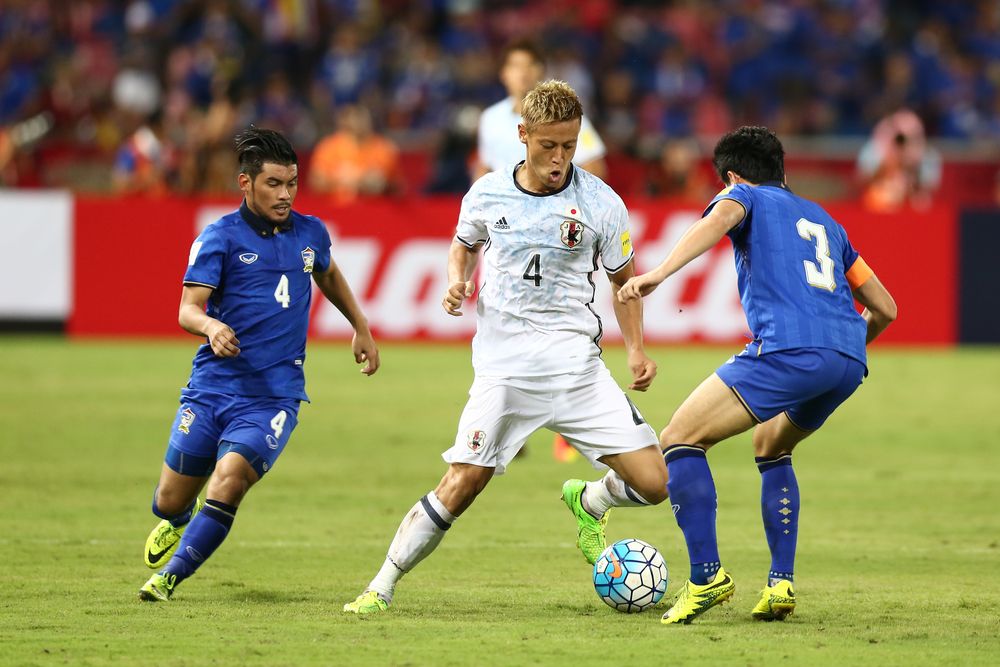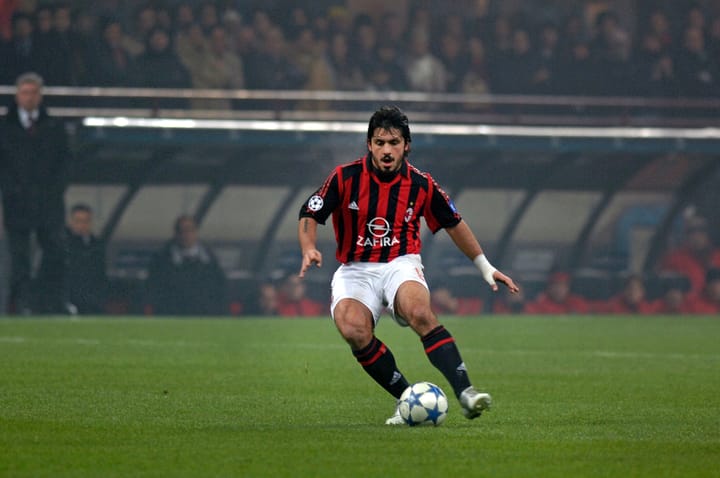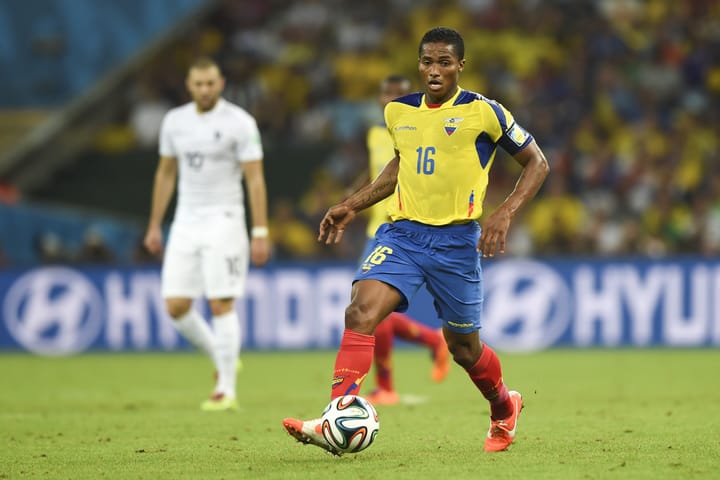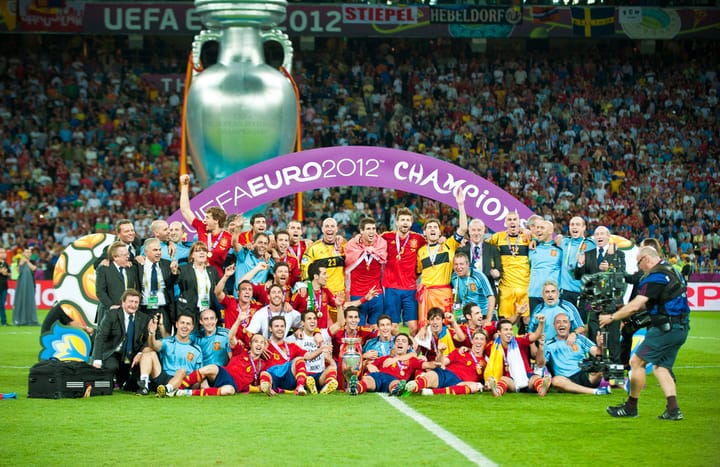These are the 5 biggest success stories of the Japanese national soccer team
Japan became a dominant force in international soccer in the 1990s when they launched their professional league. In this article we highlight five of their biggest successes.

The Samurai Blue, which is the name of the Japanese national soccer team, has had a number of big wins over the years. Here are five of their biggest achievements.
1992 Asian Cup - Winner
Between October 29 and November 8, 1992, Japan served as the host country for the seventh iteration of the AFC Asian Cup.
Japan was drawn into Group A alongside Iran, the United Arab Emirates, and North Korea. They began their campaign with a goalless draw against the UAE and then drew again (1-1) with North Korea. In their final group game, Japan faced Iran, who were also unbeaten in the tournament. In a closely contested match, Japan came out on top, winning 1-0 thanks to a goal from Kazuyoshi Miura three minutes before the end of the game.
Having topped their group, Japan advanced to the semi-finals, where they faced China. In front of a home crowd at the Hiroshima Stadium in Tokyo, Japan dominated the match and ran out 3-2 winners, with the winning goal from Masashi Nakayama six minutes before the last whistle.
In the final, Japan faced Saudi Arabia once again, which had defeated the United Arab Emirates in the other semi-final. The match was played on November 8, 1992, at the Hiroshima Big Arch Stadium before a crowd of 60,000 spectators. The Saudi team was the more experienced side and had previously won the Asian Cup in 1984 and 1988.
Despite the odds, Japan dominated the match, with Hidetoshi Nakata and Kazuyoshi Miura causing problems for the Saudi defense. In the 35th minute, Japan took the lead on a goal from "the Cannon of Asia," Takuya Takagi. The rest of the match was a tense affair, with both teams creating chances but failing to convert.
In the end, Japan held on for a historic 1-0 victory, securing their first-ever Asian Cup title. The team's captain, Tetsuji Hashiratani, lifted the trophy in front of a jubilant home crowd, and the victory was seen as a significant moment in Japanese soccer history.
The 1992 Asian Cup win was the beginning of a golden period for Japanese soccer, and the team went on to win the tournament three more times in 2000, 2004 and 2011.
1998 First World Cup Qualification
The Japan national soccer team's journey to their first-ever World Cup qualification in 1998 began in the early 1990s, following the team's success in the 1992 Asian Cup. Japan had steadily gotten better under the direction of head coach Shu Kamo, but getting into the World Cup was seen as a big challenge.
In order to qualify for the 1998 World Cup, Japan had to navigate the notoriously difficult Asian qualification process, which involved a series of group matches against other Asian teams. Japan was drawn into a group alongside Oman, Nepal, and Macau. They won the group, scoring 31 goals in six matches, of which 20 were against Macau.
The next phase of qualifying involved a series of home-and-away matches against four other teams that managed to qualify for the second round. In this group, Japan faced several tough opponents, including South Korea, the UAE, Uzbekistan, and Kazakhstan. In the end, they managed to secure some crucial wins at home and on the road and managed to reach the second position in their group, therefore reaching the qualification play-off final against Asian soccer greats Iran.
The match was played in front of a packed Larkin Stadium in Malaysia, and after going 2-1 behind, Japan equalized in the 76th minute through a goal from Naoki Soma and went on to win the match with a golden goal two minutes before the end of the match in extra time.
Fans and the media all over Japan celebrated the team's success, calling it a major turning point in the country's soccer history. The team's qualification for the World Cup helped raise the profile of soccer in Japan and paved the way for future success, including their co-hosting of the 2002 World Cup with South Korea.
2001 FIFA Confederation Cup - 2nd (Runner-up)
The 2001 Confederations Cup was held in South Korea and Japan, serving as a warm-up tournament for the following year's World Cup, which both countries would jointly host. For Japan, it was an opportunity to test themselves against some of the best teams in the world.
Japan was drawn into Group A alongside Cameroon, Canada, and Brazil. Their first match was against Canada, which they won 3-0, with goals from Shinji Ono, Akinori Nishizawa, and Hiroaki Morishima.
In their second match, Japan faced Cameroon, who were the reigning African champions. The match ended in another win for the Samurai Boys, 2-0, with two goals from Takayuki Suzuki.
In their final group game, Japan faced Brazil in the Kashima Soccer Stadium and held them to a 0-0 draw, which secured Japan’s group win.
In the semi-finals, they faced Australia, which had defeated France in their group phase. The game was close, but Japan won because superstar midfielder Hidetoshi Nakata scored a goal.
In the final, Japan faced reigning European and World champion France. The match was played in front of a capacity crowd at the Yokohama International Stadium, and it was a tightly contested affair. France took the lead in the 43rd minute through a goal from Patrick Vieira. Japan tried to mount a comeback, but they were unable to find an equalizer, and the match ended in a 1-0 victory for France.
Despite the loss in the final, Japan's performance at the 2001 Confederations Cup was seen as a major achievement, as they had proven themselves against some of the best teams in the world. The team went on to use the experience gained from the tournament to prepare for the 2002 World Cup, where they would go on to make history.
2002 World Cup - Group Winner and Round of 16
The 2002 FIFA World Cup was a historic tournament for Japan, as they co-hosted the event with South Korea and had high hopes of making a strong showing on home soil. It was also the first time that the World Cup was held in Asia.
Japan was drawn into Group H alongside Russia, Tunisia, and Belgium. Their first match was against Belgium, which they drew 2-2 thanks to goals from Takayuki Suzuki and Junichi Inamoto.
In their second match, they faced Russia and won 1-0 with a goal from Junichi Inamoto.
Their final group game was against Tunisia, which they won 2-0 with goals from Hidetoshi Nakata and Hiroaki Morishima.
With seven points out of nine, Japan finished top of their group and advanced to the Round of 16, where they faced Turkey. The match was played in Miyagi, Japan, and was a closely contested affair. Turkey took the lead in the 12th minute through a goal from Umit Davala, and Japan was not able to strike back. The match ended in a 0-1 defeat for Japan, who were eliminated from the tournament.
Despite the disappointment of the loss, Japan's performance at the 2002 World Cup was seen as a major achievement, as they had reached the Round of 16 for the first time in their history. The team had played with a lot of spirit and had won over many fans with their attacking play and high-tempo style. A lot of Japanese footballers, like Shunsuke Nakamura, Hidetoshi Nakata, and Junichi Inamoto, got praise from outside of Japan for what they did, which helped pave the way for the next generation of Japanese footballers.
2022 World Cup Group Winner and Round of 16
Despite making it to the Round of 16 in both of its World Cup campaigns—in 2010 and 2018—Japan's greatest triumph came at the 2022 tournament, when they defeated two former World Champions.
Group E included Japan along with Germany, Costa Rica, and Spain. On November 23, 2022, Japan pulled off an unexpected victory by defeating Germany 2-1 thanks to two goals in the final eight minutes of the second half.
After losing 1-0 to Costa Rica, every team in Japan's group could qualify or be eliminated on the last day of games. No team was sure of its placement. In the end, Japan moved on to the next round by beating Spain 2-1 in their last group game. Germany was also eliminated from the competition as a result of this.
Japan advanced to the round of 16 after winning their group and faced Croatia, losing 1-3 on penalties following a 1-1 draw. It was the first time an Asian team won a World Cup group stage match played outside of their home nation, and it was also the first time an Asian team advanced twice in a row.




